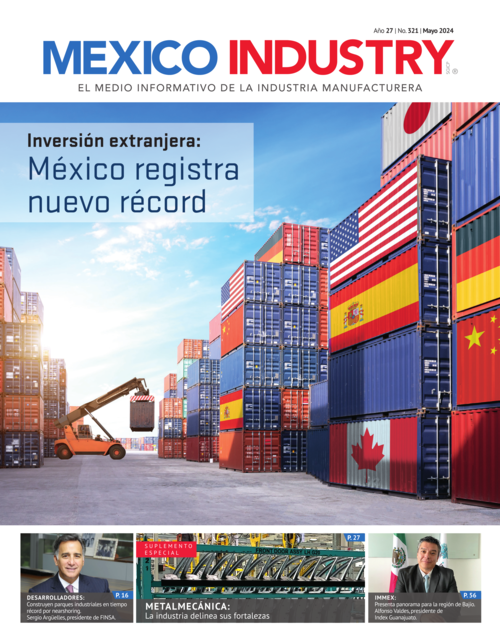Main changes and their impact in industry
There are 4 strong changes that have been made
regarding billing; one of them came into force in April 2017 and it is the new
payroll CFDI that presents several strong fiscal changes, but above all in the
area of social security, so it is important that companies are filling the
vouchers correctly, since doing it incorrectly can cause an audit by the SAT
(Tax Administration System,) as well as the IMSS and Infonavit.
Another change has repercussions on electronic
invoicing, where the main change in this aspect is that several catalogs have
been included, especially in service descriptions, unit measurement keys, as
well as authorizations. “When the CFDIs arrive at a certain amount, they will
have to be authorized by the SAT, this changes, the exchange rate will also
have to be authorized and will have to be included in the tax receipt,”
explained Eduardo Pol Maldonado, tax partner of the O&P Consultores
Fiscales firm.
As for the new Foreign Trade CFDI, this does not apply
to the maquila, only when there is disposal; however it is important that they
take this into account, due to the possibility of having companies of the same
group that are having sales abroad that would have to be doing the complement.
It is complement and invoicing; however, the complement was deferred to start
operations as of January 1st, 2018.
Another important change is the Payment Complement; it
is not enough to have the invoice, but also - once a payment is received, it
will be necessary to issue another CFDI, which includes information related to
the invoice being paid, the date and in payment form. In turn, the provider
will have to return it to his client once he receives the payment.
“This takes effect as of December 1st,
2017, so it is important to take into account all the regulatory changes that
are taking place and how it impacts the maquila industry (noting that almost
all of your invoices are on credit.) This is a strong change, it is for this
reason that companies must prepare, as it enters on July 1st, but it
is until December 1st, 2017 that will be of mandatory use,” concluded
the Eduardo Pol Maldonado, tax partner of the firm O&P Consultores
Fiscales.








